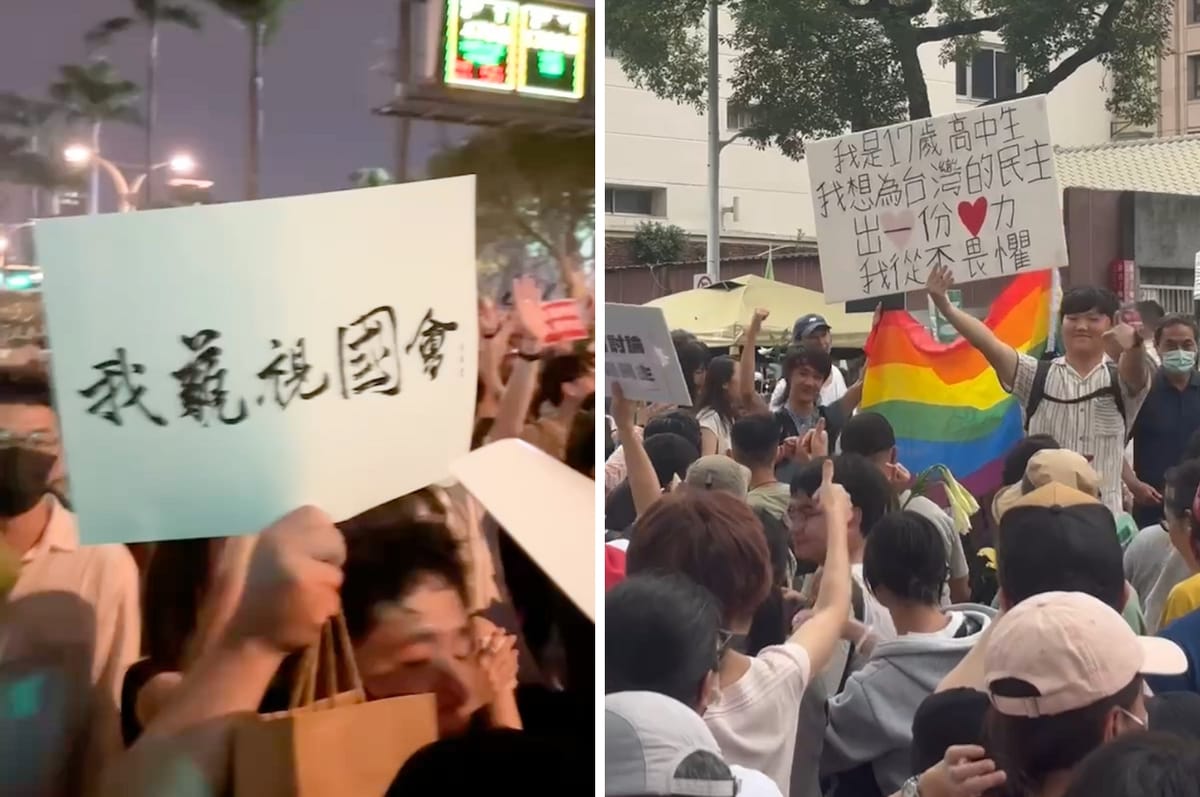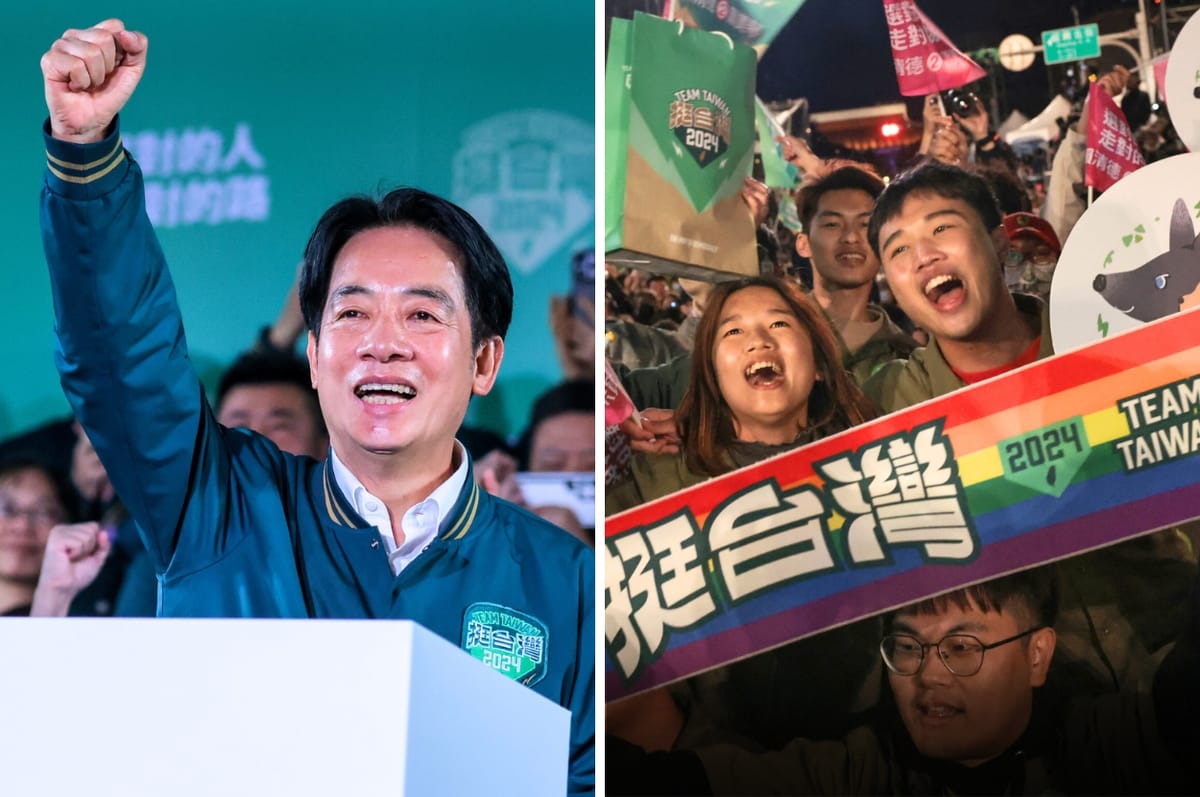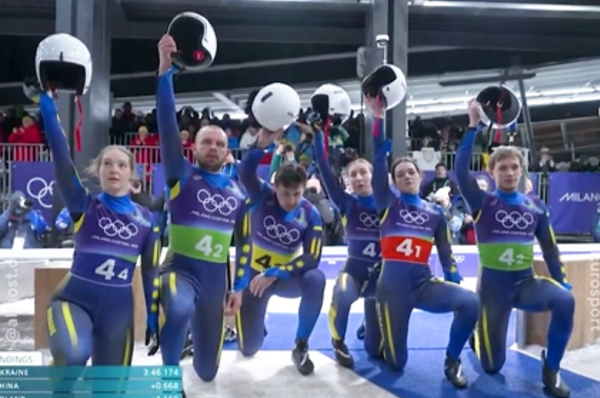Taiwan Held An Unprecedented "Mass Recall" Vote To Remove 24 Opposition Lawmakers But All Of Them Survived
The movement stemmed out of the opposition parties trying to push a bill to reform the legislature and weaken the pro-independence president's powers.
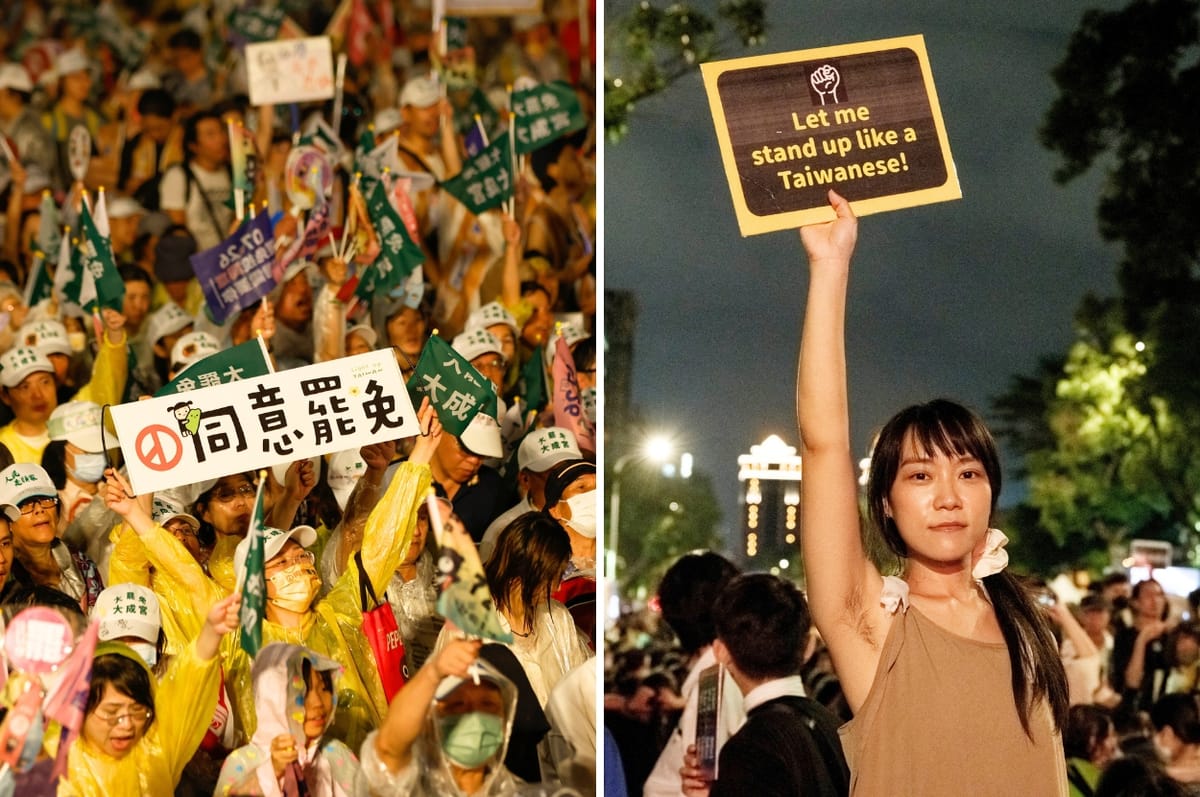
Taiwan held an unprecedented "mass recall" vote to remove 24 opposition lawmakers from office but all of them survived, causing a huge debate.
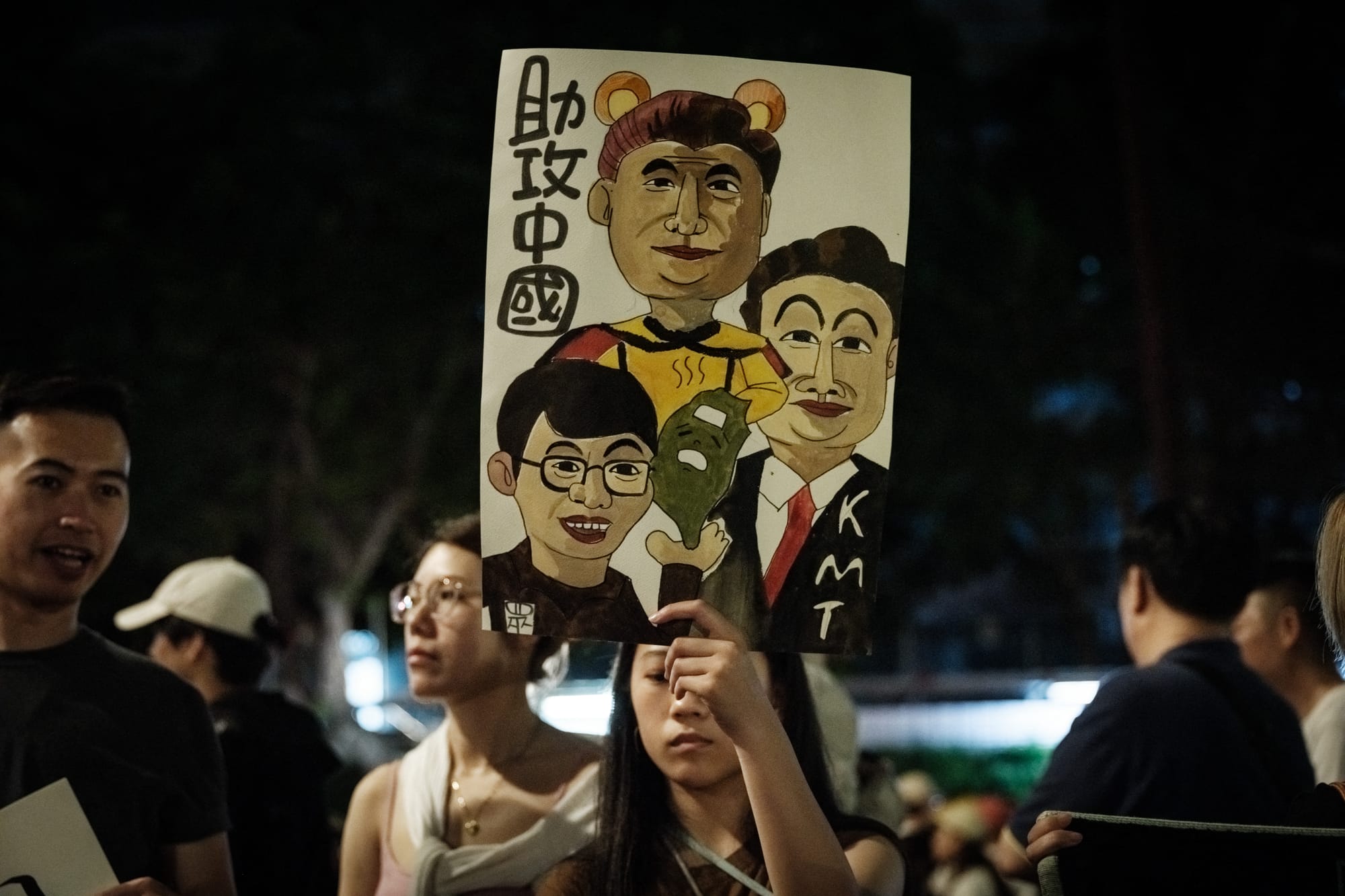
Here's what's going on.
To understand the so-called “Great Recall” movement, we need to first go back to Taiwan’s 2024 presidential election.
In January 2024, people in Taiwan elected the pro-independence vice president, Lai Ching-te of the ruling Democratic Progressive Party, or DPP, as president.
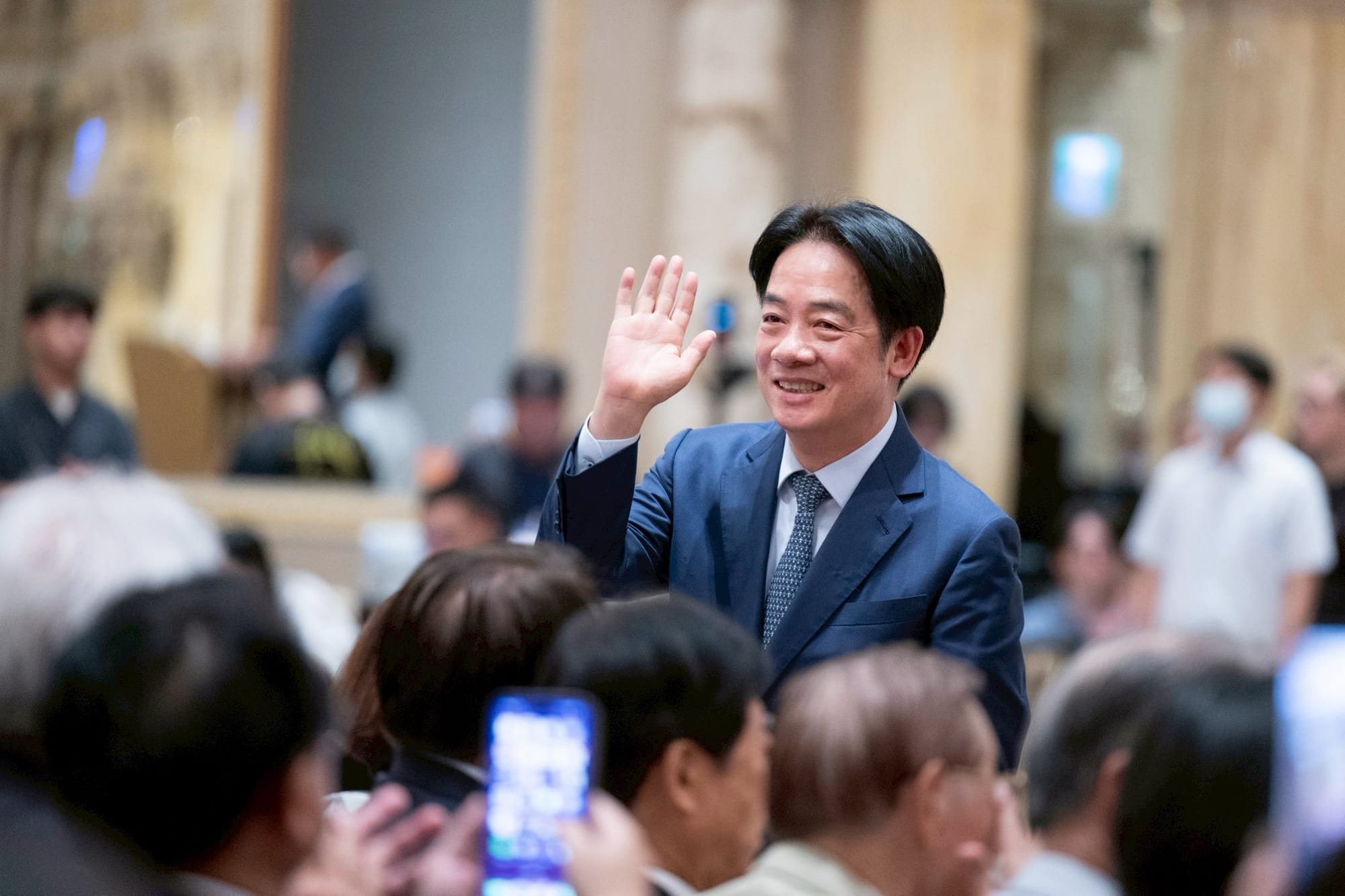
This made the DPP, which favors independence, the first party to ever win three terms in a row in Taiwan's history.
However, during the election, the DPP lost its majority in the parliament for the first time in eight years.
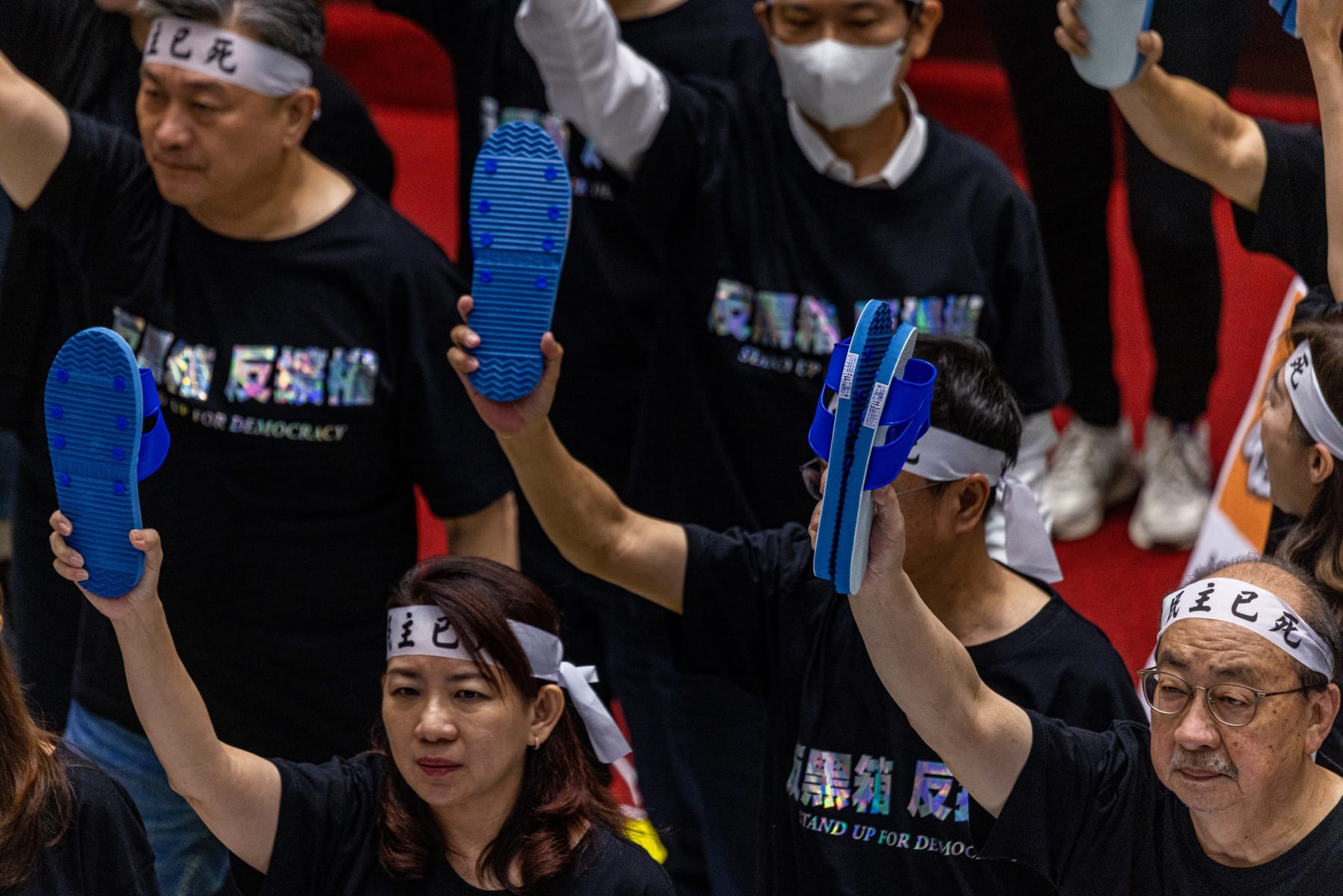
Instead, the opposition party that favors a close relationship with China — the Kuomintang or KMT — took the most seats.
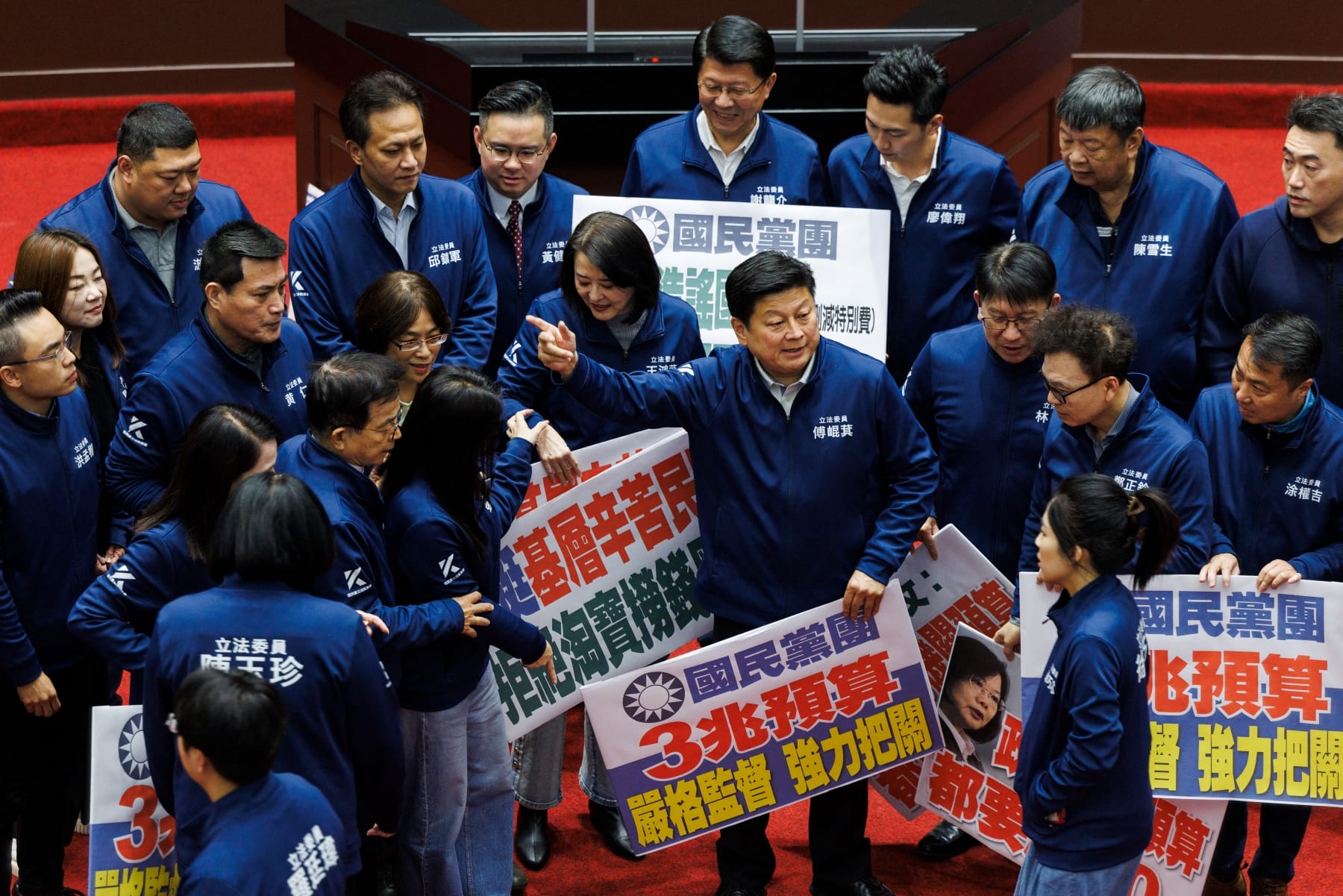
However, the KMT still lacked a majority and has been working with a small third party to push through bills.
In May, the KMT and the third party then tried to push through a bill to reform the legislature and weaken the president's powers, sparking widespread controversy.
The two opposition parties said the bill would give the parliament more power over the president, blaming the ruling DPP for delaying key reforms throughout its eight-year rule.
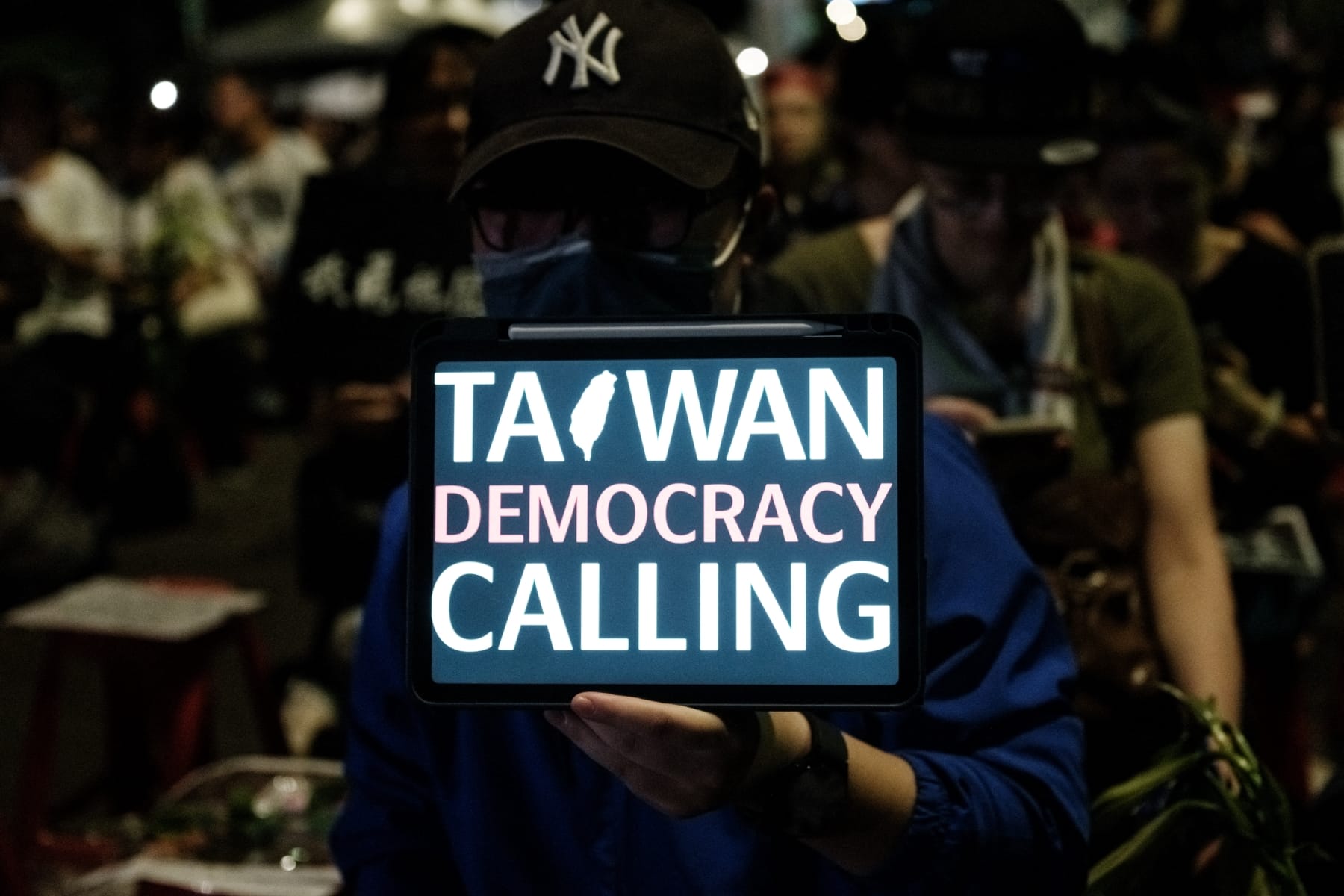
But the DPP accused the opposition parties of trying to rush through the bill without a customary consultation process.
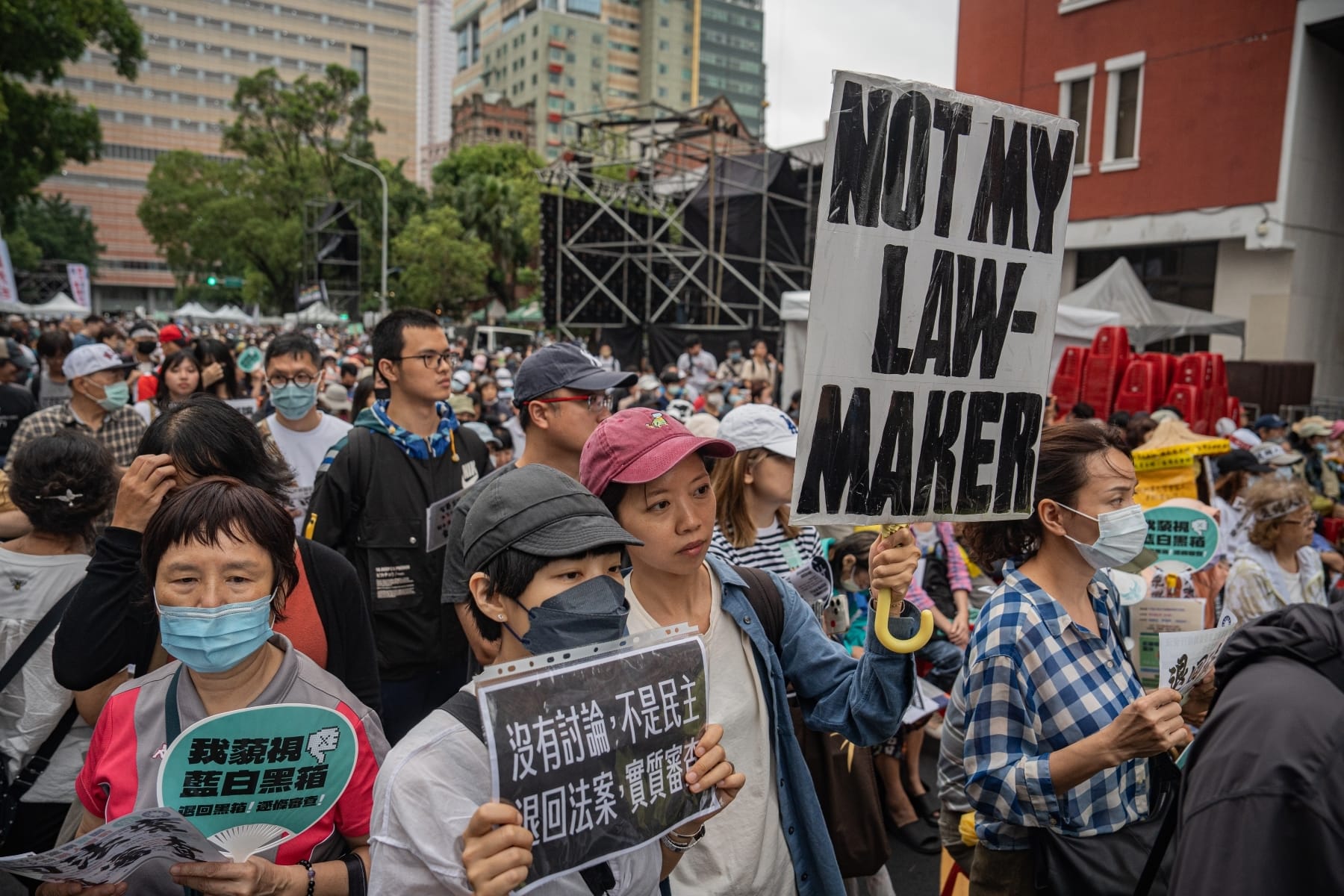
People also were also worried that the KMT, as the pro-China party, had ulterior motives to use the bill to weaken Taiwan's democracy to support China's agenda.
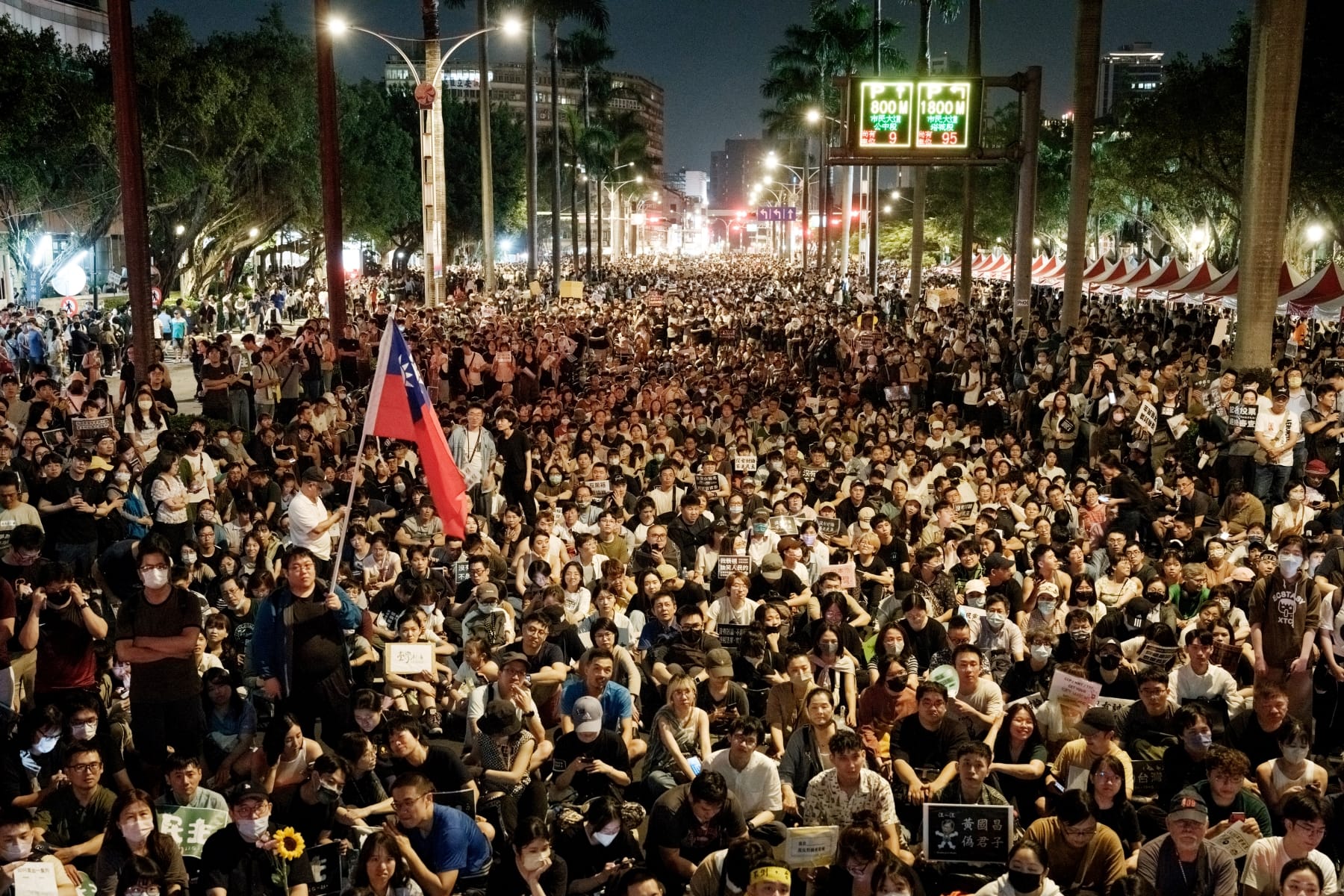
The bill led to a huge physical altercation in parliament between lawmakers, and tens of thousands of people took to the streets to protest the bill, calling it unconstitutional.
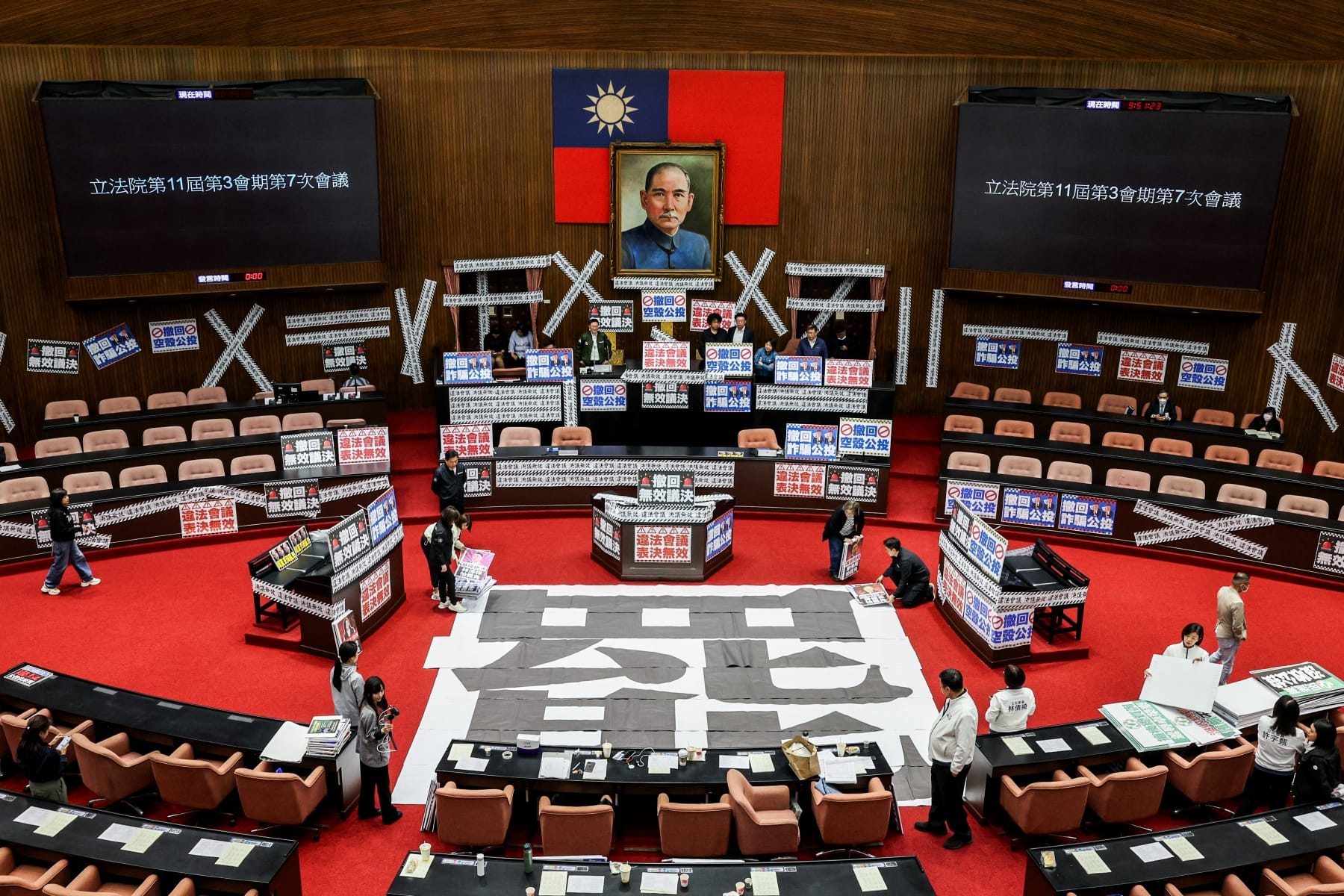
As the opposition parties began pushing more bills, the protest movement, known as the "Bluebird Movement", began gaining momentum, with civil society groups across Taiwan starting to organize campaigns to recall KMT lawmakers.
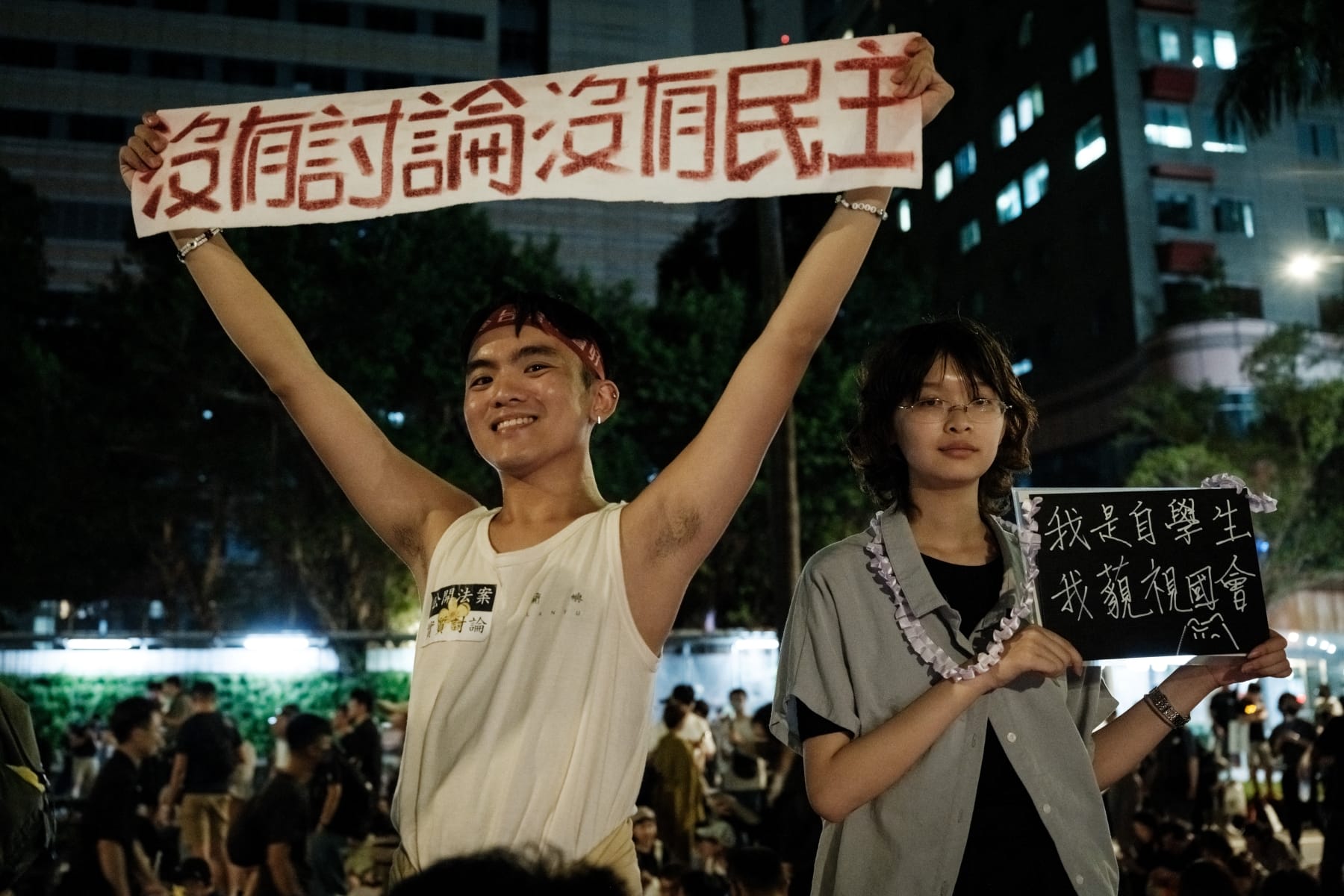
They accused the KMT lawmakers of threatening Taiwan's democracy, cutting government spending and weakening efforts to defend Taiwan against China's military threats.
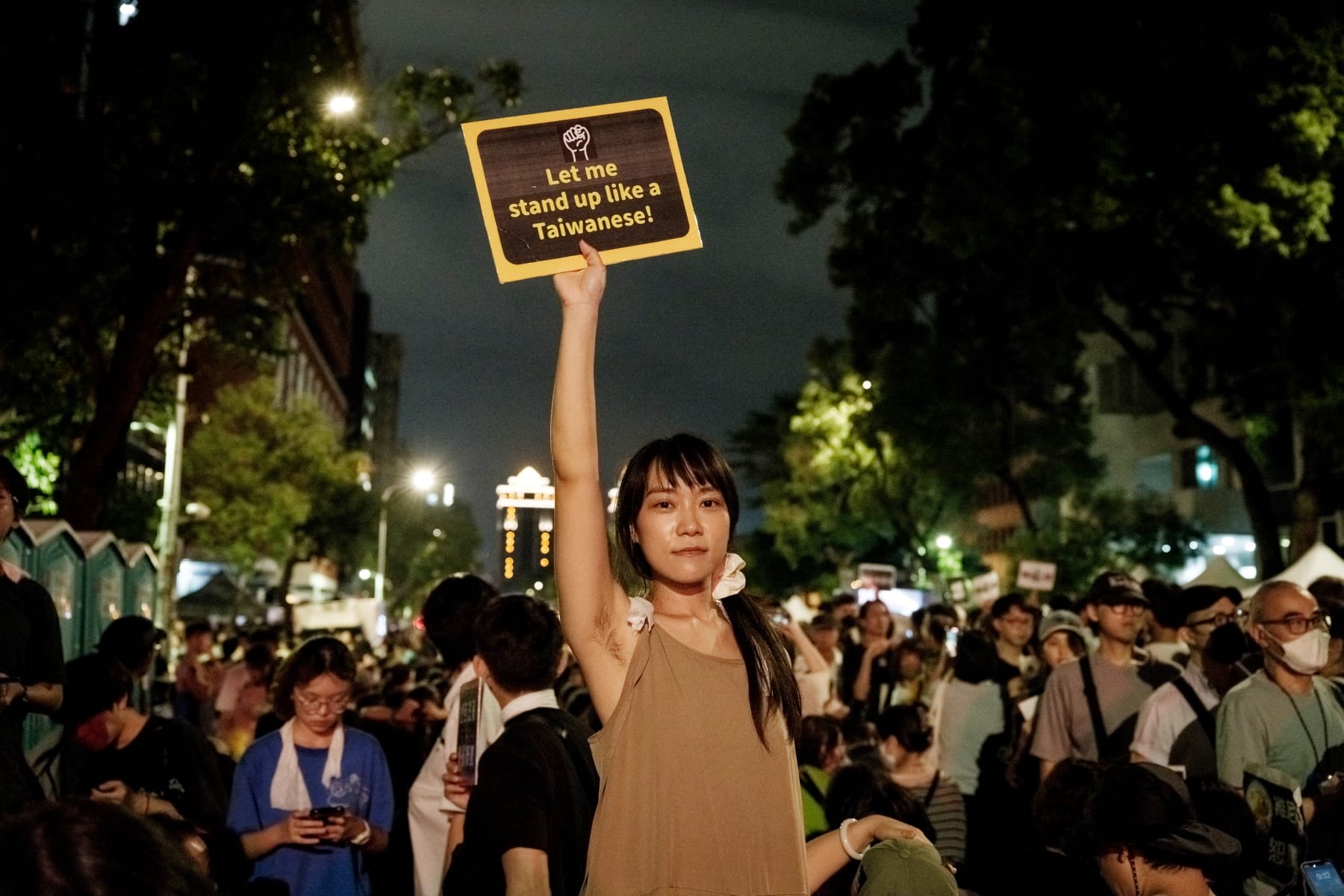
They cited one incident when a key KMT politician led a delegation to China and met with the Chinese official in charge of China’s political influence operations toward Taiwan.
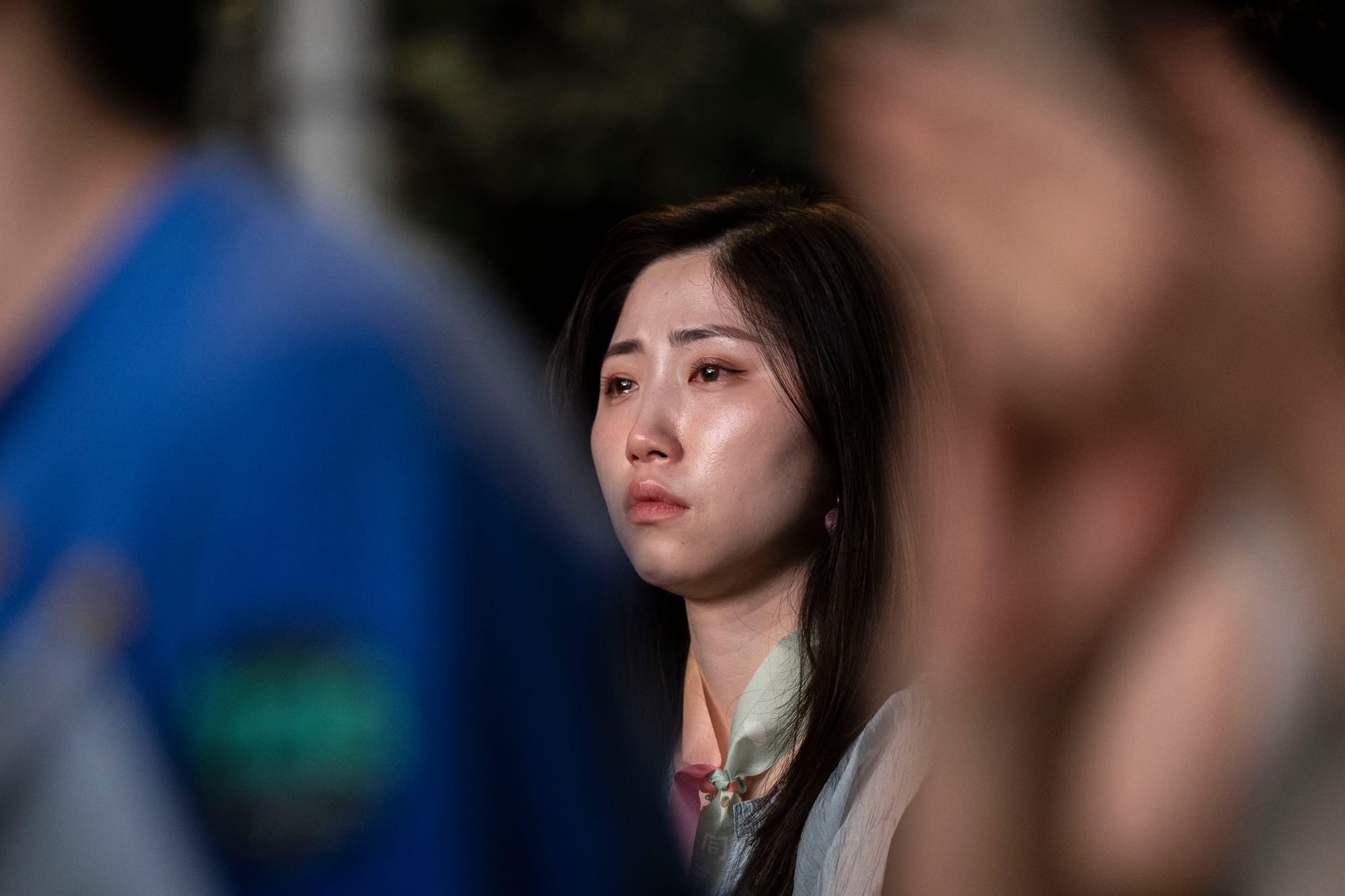
By 2025, the ruling DPP also joined in the campaign to remove the opposition lawmakers, leading to public concern over whether it was using the process to eliminate the opposition.
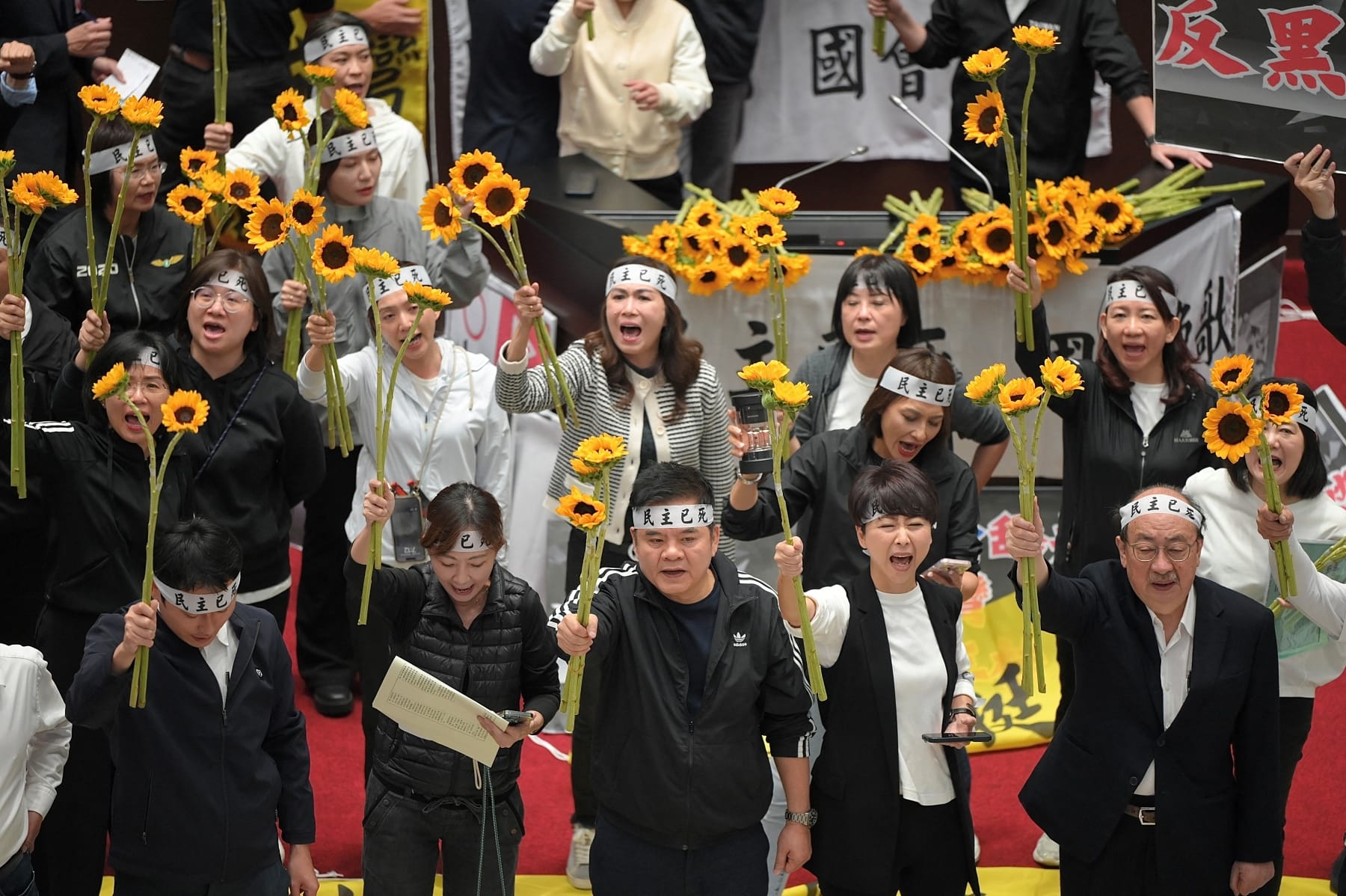
During the peak of the campaign, Lai also delivered speeches calling for unity in the fight against the Chinese Communist Party and removing "impurities" from Taiwan, drawing mass criticism.
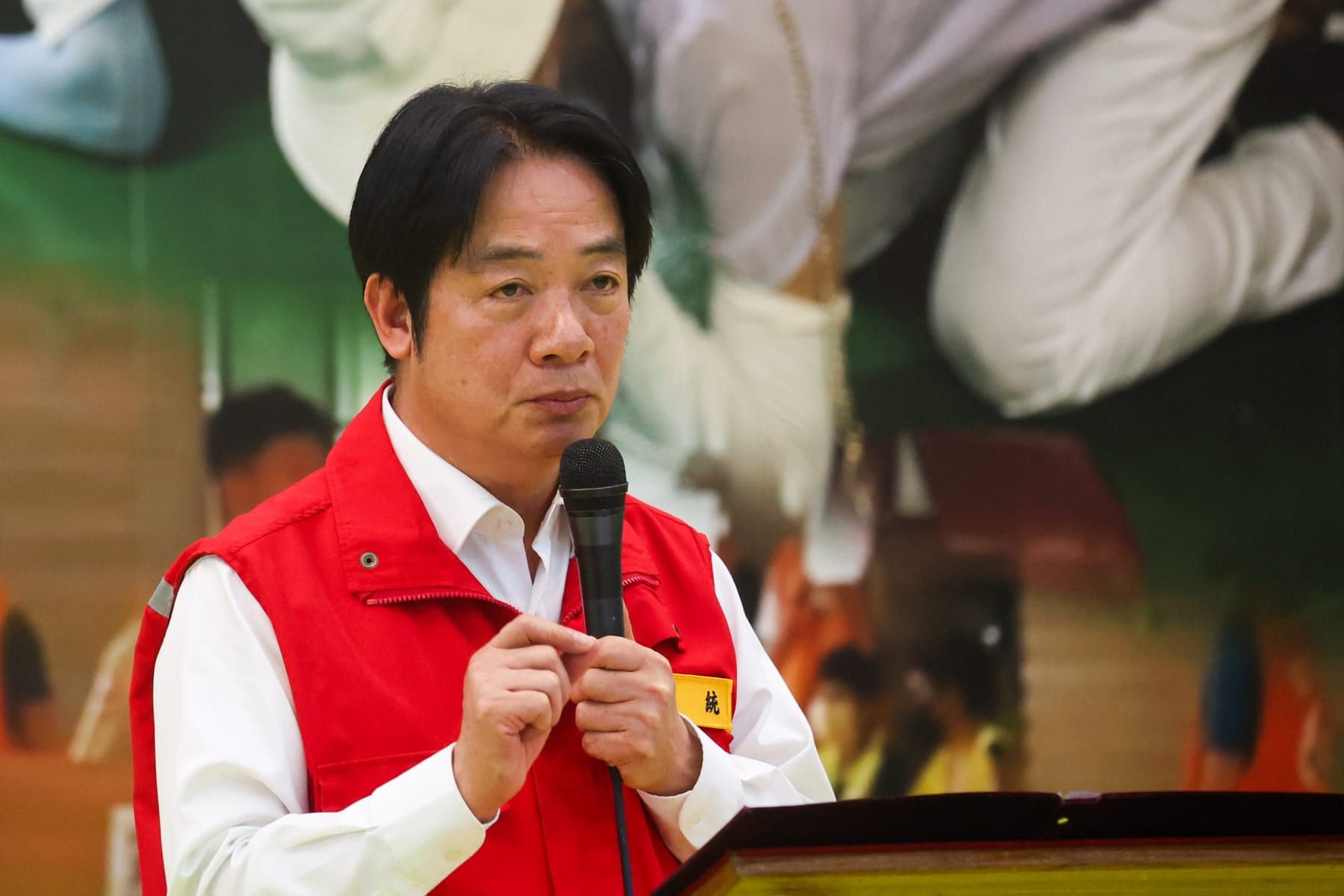
The KMT then launched its own counter-campaign to recall DPP lawmakers, but none of the proposals passed after controversies over forged petition forms.
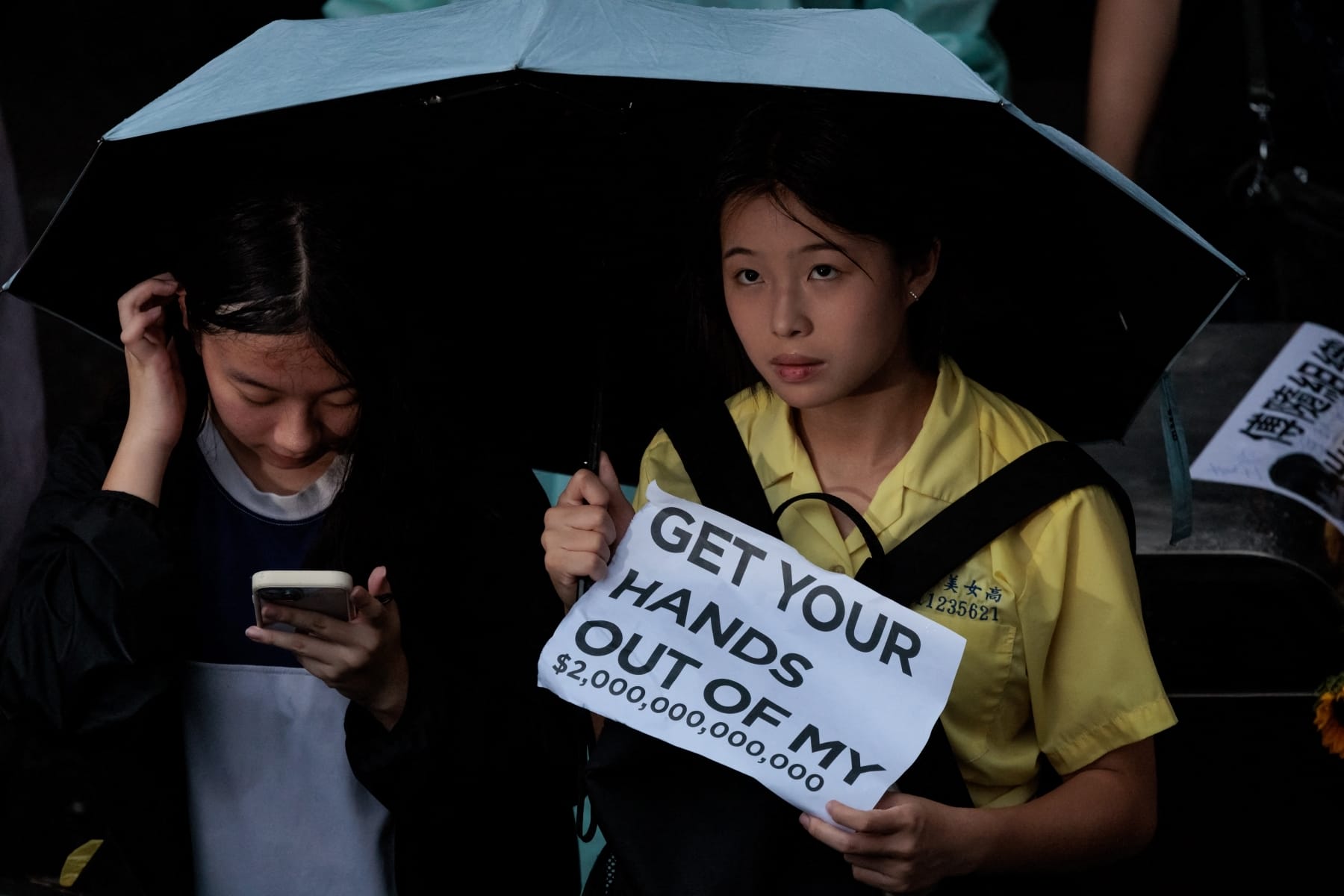
Finally, after a year, on Saturday, July 26, Taiwan held the first round of recall votes targeting 24 KMT lawmakers and one mayor, but none of the lawmakers were removed.
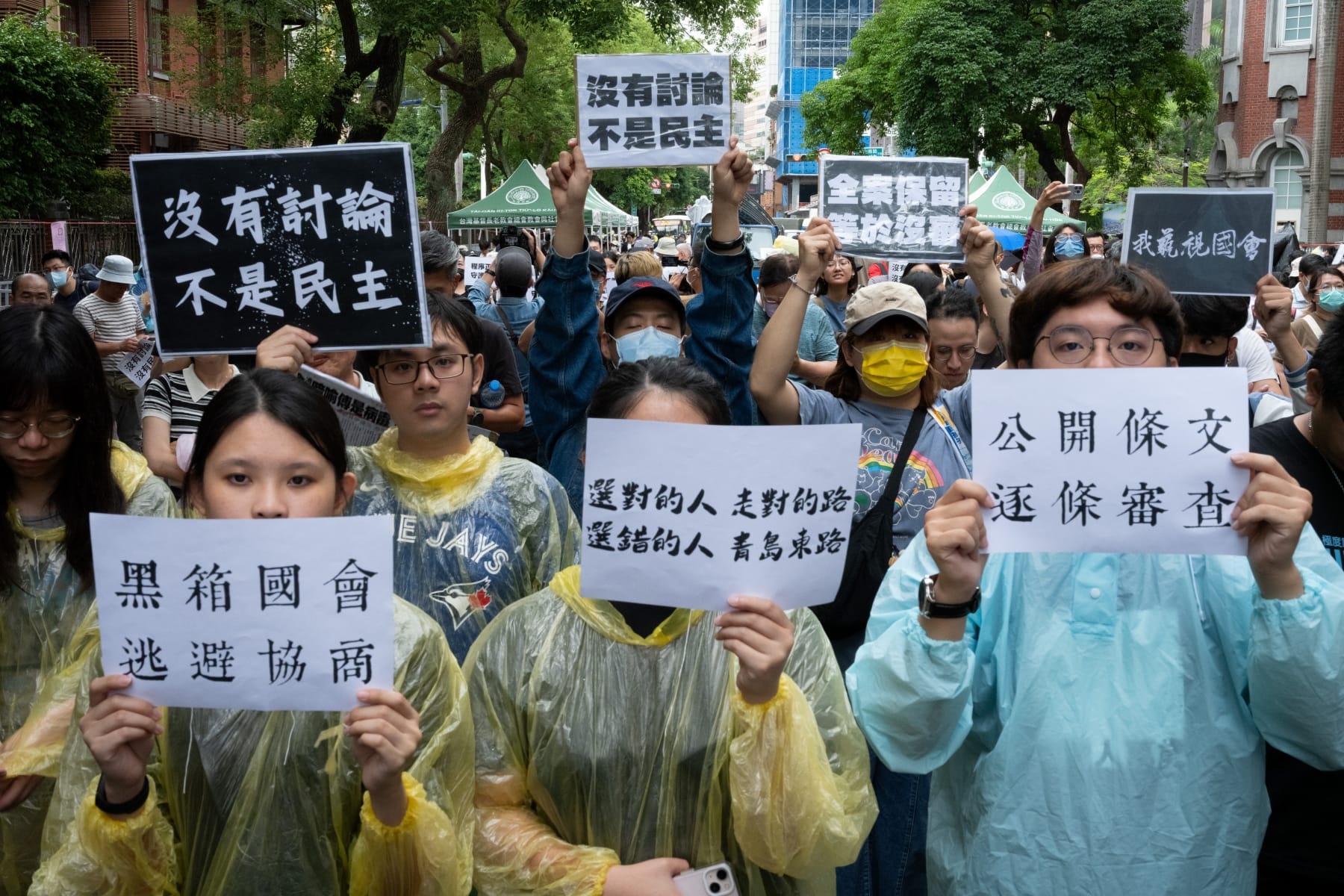
The results were seen as a major political setback for the DPP party, with experts saying that it could reflect voters being unhappy with the party joining the grassroots campaign and framing it as an "anti-China" campaign.
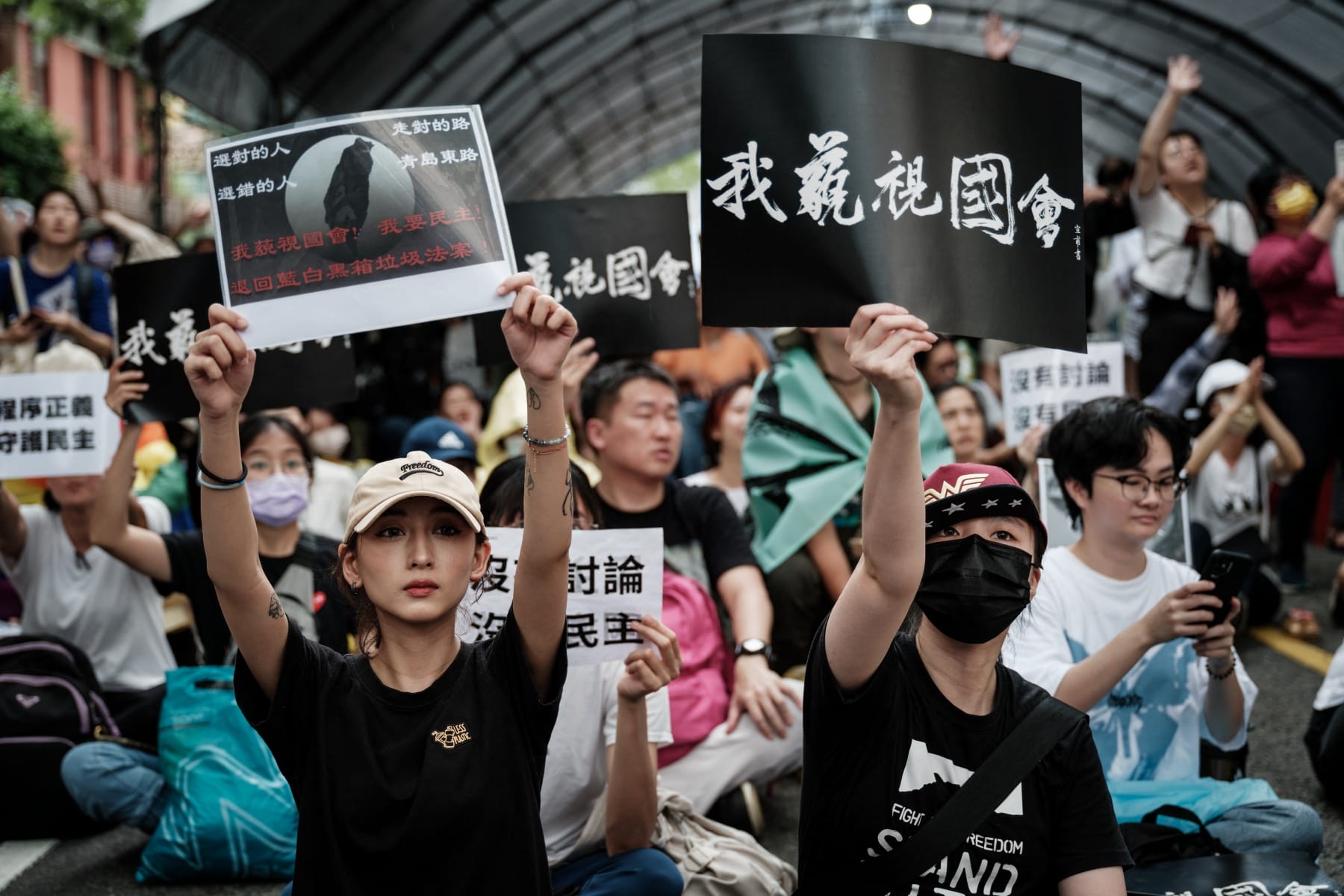
Lai has called on people to accept the results as a demonstration of democracy.
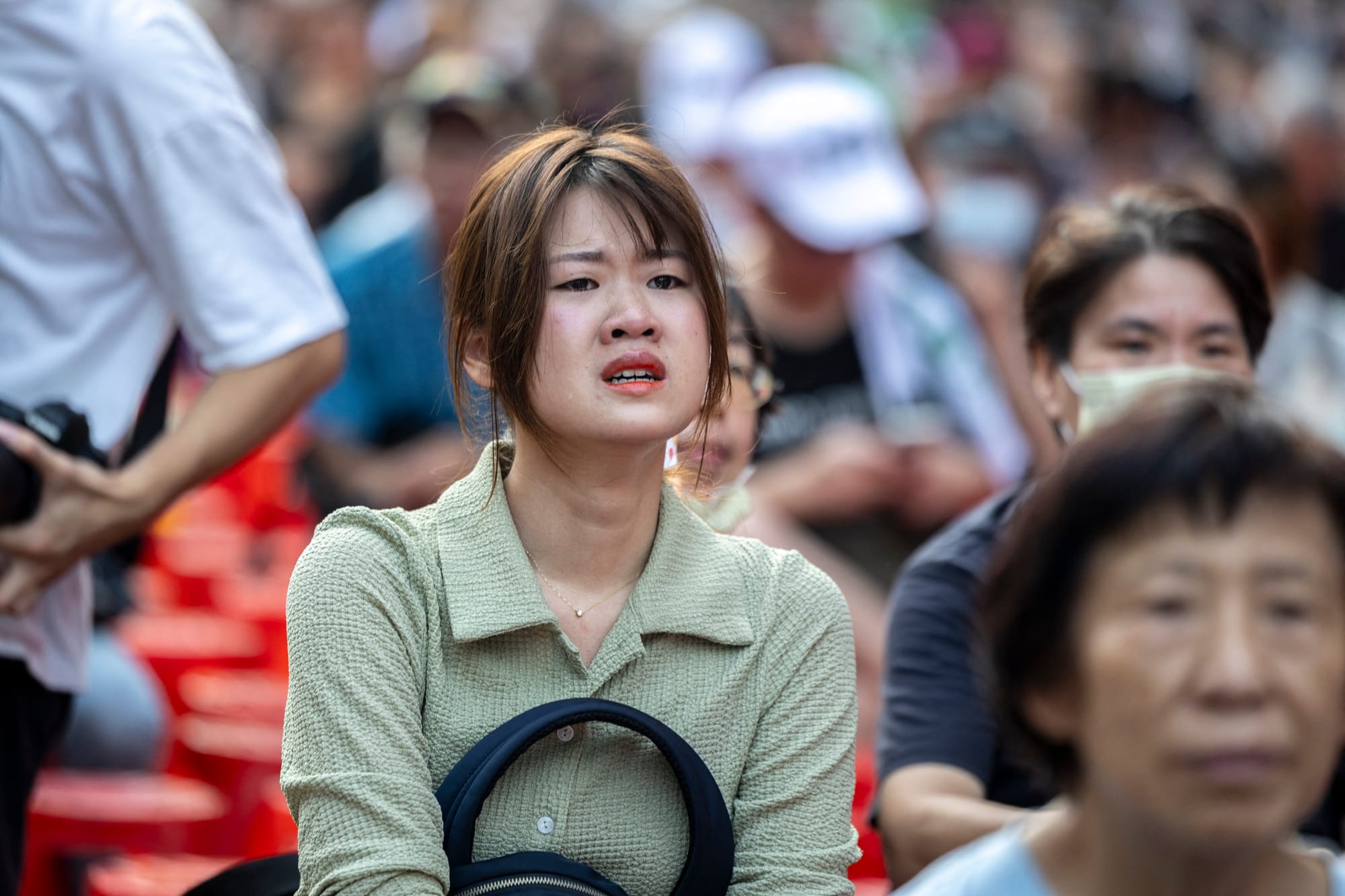
On August 23, people will vote on whether to remove seven more KMT lawmakers.
More On Taiwanese Politics
